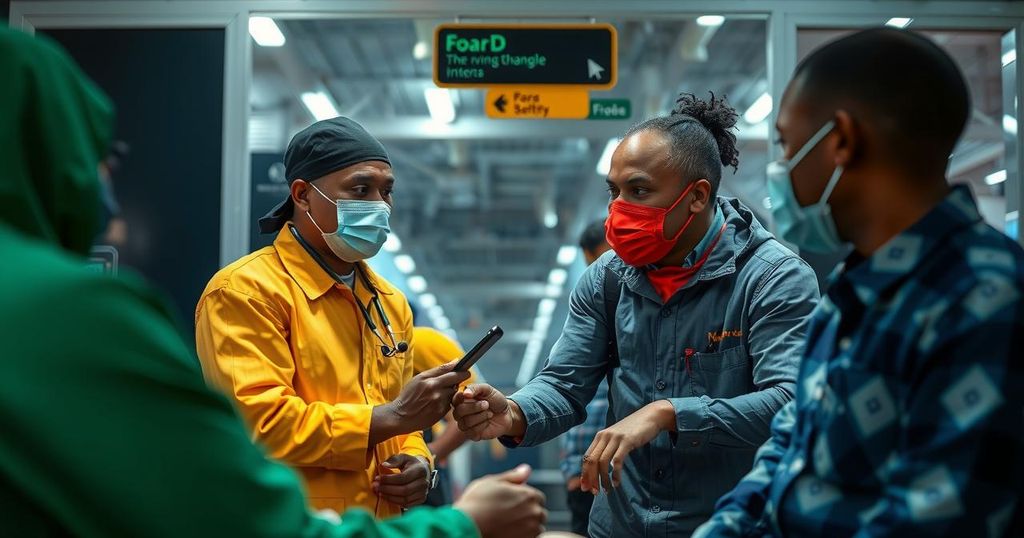Nigerians Question CNG Vehicle Safety Following Malaysia’s 2025 Ban
The Malaysian government’s Phase-out of CNG vehicles by 2025 has ignited safety concerns in Nigeria, where the government promotes CNG as a petrol alternative. Minister Anthony Loke cited aging CNG tanks as a risk, prompting scrutiny of Nigeria’s push for CNG amid recent explosions involving such vehicles. This situation raises doubts about the Nigerian government’s initiative as social media users voice their concerns regarding safety and governance.
The recent decision by the Malaysian government to phase out Compressed Natural Gas (CNG) vehicles by July 2025 has raised significant safety concerns among Nigerians. This announcement contrasts with the Nigerian government’s initiative to promote CNG as a safer alternative to petrol, as advocated by President Bola Tinubu. Malaysian Transport Minister Anthony Loke emphasized safety concerns regarding aging CNG tanks, which present potential risks if not replaced after their approximate 15-year lifespan. This decision affects over 44,000 NGV vehicles in Malaysia and follows recent incidents of explosions involving CNG vehicles in Nigeria, prompting public outcry regarding their safety. Amid these developments, President Tinubu has sought to alleviate the burden of fuel subsidy removal by endorsing CNG vehicles through the Presidential Compressed Natural Gas Initiative, which aims to convert over 100,000 vehicles. Nonetheless, Nigerians have expressed skepticism regarding this push, particularly in light of Malaysia’s decision to discontinue the use of CNG vehicles, with social media users questioning the rationale behind the promotion of CNG in Nigeria. Several users highlighted the disconnect between the actions of the two governments and the potential dangers linked to CNG conversion, emphasizing the urgency for thorough deliberations on vehicle safety.
The context of the Malaysian government’s announcement stems from a commitment to prioritize public safety, as reiterated by Transport Minister Anthony Loke. He indicated that the aging CNG tanks pose serious risks, leading Malaysia to cease the use of CNG vehicles. Conversely, Nigeria is currently in the process of embracing CNG as an alternative fuel source amid rising petrol prices. The contrasting positions of both governments raise questions about the efficacy and safety of CNG as a viable option for vehicle fuel, especially after explosions involving CNG vehicles in Nigeria garnered public concern.
In summary, the directive from the Malaysian government to cease the use of CNG vehicles by 2025 has kindled significant apprehension within Nigeria regarding the safety of CNG. It calls into question the Nigerian government’s advocacy for CNG as a substitute for petrol amidst incidents of explosions and public outcry. The situation underscores the necessity for thorough evaluations of vehicle safety and public outreach to ensure informed decisions regarding fuel alternatives for Nigerian citizens.
Original Source: punchng.com




Post Comment